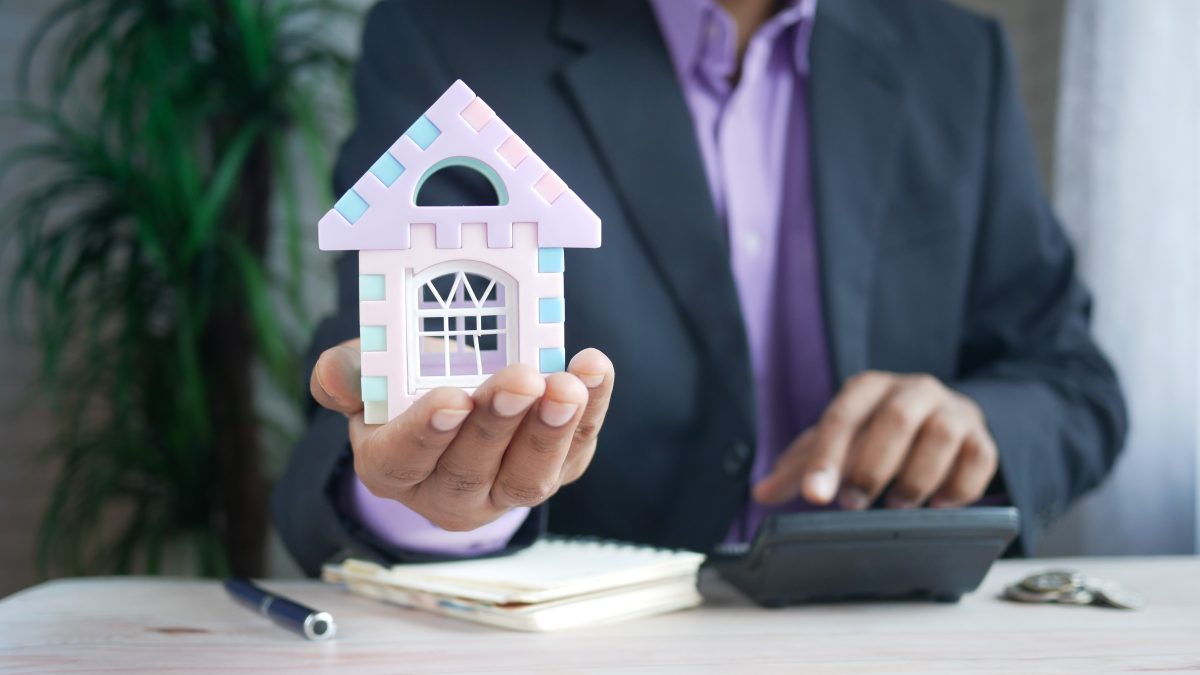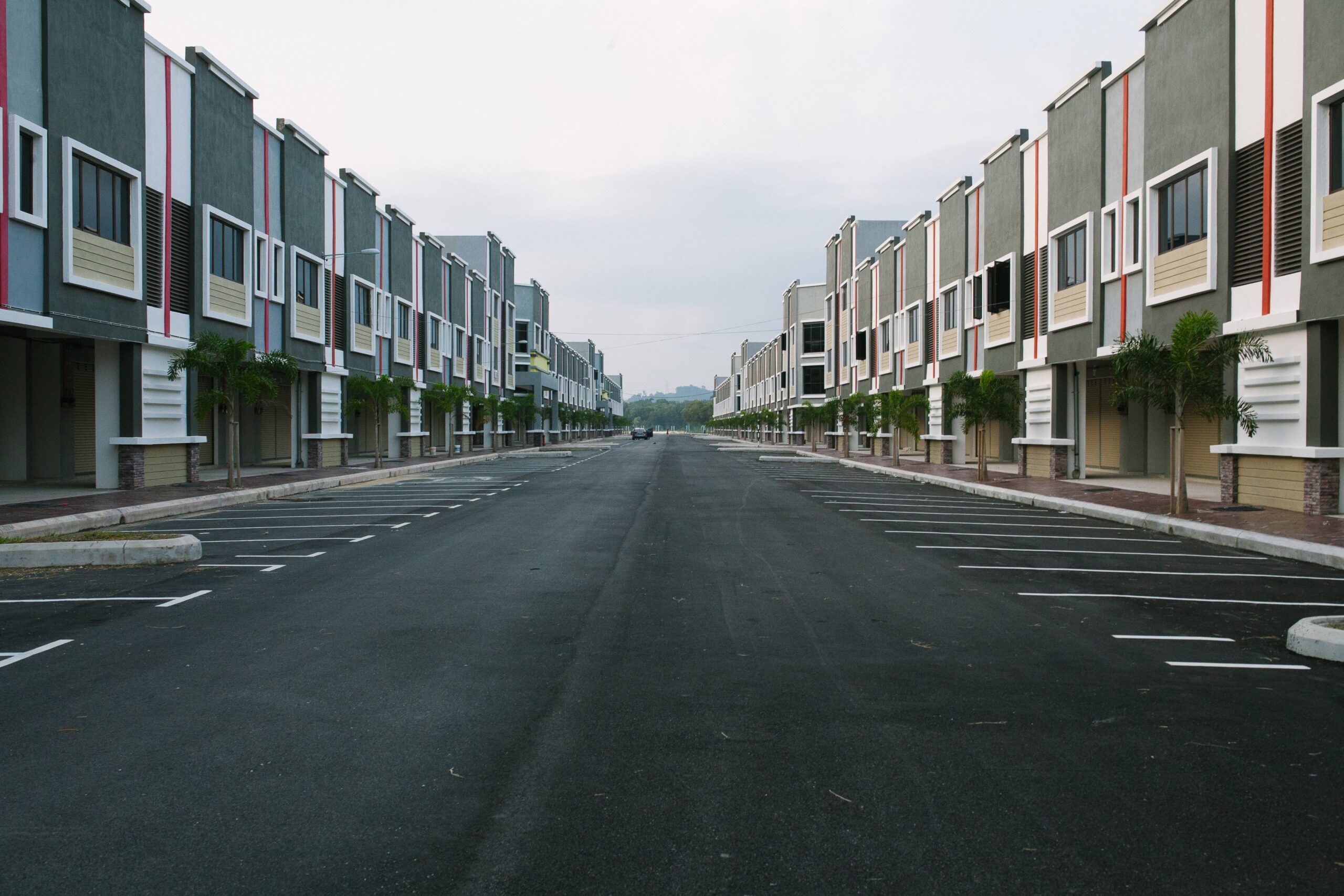- Have any questions?
- (850) 713-4866
- info@shorefront-investments.com
Home Equity 101: What is Home Equity in Real Estate?

7 Famous Real Estate Side Hustles You Can Try
June 22, 2023
How to Avoid Common Home Maintenance Pitfalls
July 6, 2023Home equity is an essential factor that could affect the selling or buying price of homes. In fact, building equity allows you to see more of a return on your investment when you decide to sell your home. For real estate investors, equity is something that could change the gameplay. Equity can increase their net worth when a property appreciates and can also be a source of funding for adding value to acquire more rental properties.
Whether you are a homeowner or a commercial real estate investor, learning about how equity can affect your properties or real estate investments can help your investing strategies.
What Is Home Equity?
In real estate, equity is the difference between the market value of your home and the amount you owe on your mortgage. Home equity can increase over time if the property value increases or as you pay off the mortgage loan balance. To calculate your home equity, subtract the amount of the outstanding mortgage loan from the price paid for the property.
For example, if a homeowner has a mortgage loan on their property with a remaining balance of $100,000 and the current market value of the property is $200,000, the homeowner has $100,000 in home equity ($200,000 market value – $100,000 mortgage balance). Home equity can be leveraged for various purposes, such as home improvement projects, debt consolidation, or as a source of funds for investments or other major expenses.
More Things You Need to Know About Home Equity
Equity can be turned into cash and used to pay for emergency repairs or routine improvements that add value and increase rent or selling prices. It can increase or decrease depending on many factors. The U.S. real estate market is still reeling from the impacts of the COVID-19 pandemic, high inflation, and high interest rates triggered by the U.S. Federal Reserve. Other factors that can affect equity in your property include the type of loan used to finance the property, down payment, demand for the property, and real estate market cycles.
Return on equity (ROE) measures the return on a real estate property compared to the equity in the property. For investors, ROE is a great tool to filter through many deals and select the ones that have a chance for a profitable outcome. Generally, a return of between 5% to 10% annually constitutes a good ROE, but some real estate transactions are subjective to the investor’s needs and objectives.
How to Make High-Equity Properties
High-equity properties are not bought. They’re built. Building equity is a common practice in real estate investing, but homeowners can also benefit from adding equity to their homes.
You can build equity for your property in other ways, including:
- Paying off your mortgage
Every mortgage payment goes toward cutting down your debt and increasing your equity. If you want to build equity faster, adding in an extra payment or two every year can help. It’s a good way to use extra cash flow.
- Appreciation
In real estate, housing values appreciate over time. The national average for home appreciation is around 3% annually, and location plays an important role in home appreciation. If you live in a neighborhood where property values are going up overall, and you’ve maintained your property, chances are your equity will increase as well. Building equity by making monthly principal payments and appreciation is a crucial part of homeownership that can help you create financial stability.
- Upgrading your home
Making smart improvements to your home is a great way to add equity. From a simple fresh coat of paint, to improving curb appeal, and adding some extra space can help increase rental income and add value to the property.
- Buying properties with low loan-to-value
Real estate investors are not new to the waiting game. In fact, they have made it in their favor. One real estate investing strategy is buying properties and holding them out for the long term. Investors attempt to build equity by buying properties with low LTV and putting in more down payment. This strategy could help them increase cash flow by lower mortgage payments and boosting overall returns.
Can Home Equity Decline?
Sometimes, home equity can go down and even be negative. This usually happens when homeowners or even real estate investors make poor or emotional buying decisions. Here are some ways equity can fall:
- Depreciation of rental properties
Data shows that most U.S. residential rental properties are depreciated at a rate of 3.636% every year for 27.5 years. It’s important to note that when it comes to depreciation, only the value of properties goes down and not the land.
- Home equity mortgage loan
Taking out a home equity mortgage loan to refinance your mortgage is a sure way to bring down equity in your property. A home equity mortgage loan allows homeowners to borrow against the equity in their homes. It is basically a second mortgage and is a form of consumer debt.
- Market changes
Overall changes in your local real estate market and economy can impact your home’s value and equity. If homes in your neighborhood are selling less, it could affect equity in general as a result. For 2023, many real estate experts do not see a market crash in the U.S., but the issue of affordability remains as inflationary pressures have put home values up and made home purchasing a challenge, especially for first-time buyers.
Why Buy a High-Equity Property?
Buying a high-equity property can be an attractive option for many home buyers as it can provide financial stability and reduce the risk of going underwater on the mortgage. When a homeowner has high equity, they have greater borrowing power and e a significant amount of ownership in their property, which can reduce the likelihood of defaulting on the mortgage and provide peace of mind.
Moreover, properties with high equity tend to have better resale value, making them more attractive to buyers. This can make it easier for a homeowner to sell their property in the future if they choose to do so. Finally, high-equity properties can be used as rental properties, which can provide additional income to the homeowner.
If you’re looking to sell a high-equity property, reach out to Shorefront Investments, a real estate investor in the U.S. They buy properties in any condition and close deals within one to two weeks or less. Call (850) 713-4866 or email info@shorefront-investments.com to get started.




